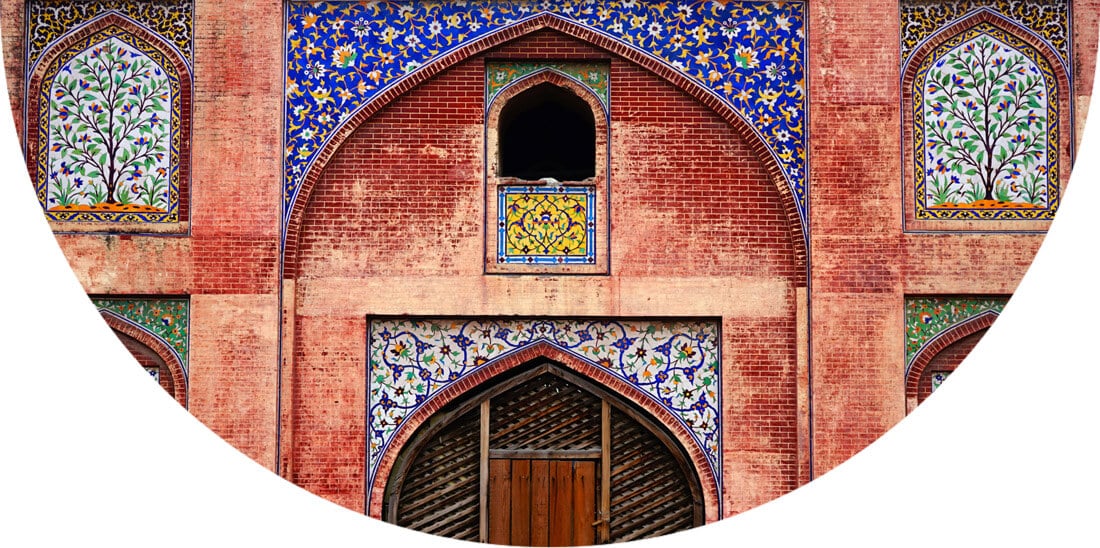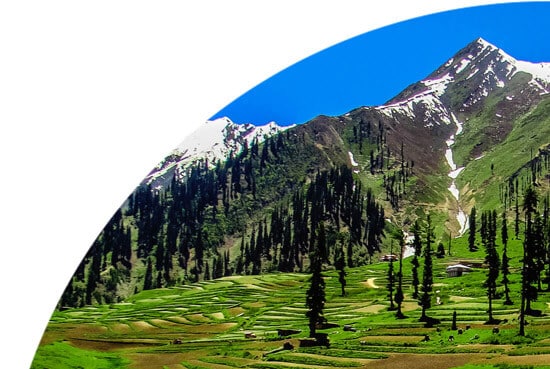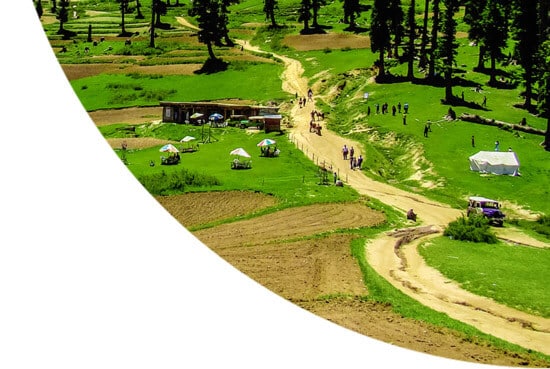Crimean-Congo haemorrhagic fever (CCHF) is primarily spread to humans either by infected ticks or animal blood. Human-to-human transmission can also occur resulting from close contact with the blood, organs or other bodily fluids of an infected person.


Travel Vaccinations for Pakistan
Recommended Vaccines for Pakistan
The level of protection needed depends on your medical history and travel itinerary. Book now to get a personalised recommendation from our specialist travel nurses. The consultation costs £20 plus any vaccines you decide to take.
Flexible appointments with no upfront payment
Book Now
Destination Information for Pakistan
The Islamic Republic of Pakistan, more commonly referred to as Pakistan, is in South Asia, and the sixth most populous country in the world. In recent years, political instability and risks of violence has meant that much of the country is not recommended for tourists, despite the bounty of attractions that Pakistan has to offer.
From natural beauty and stunning landscapes to significant historical sites, fascinating buildings and welcoming local people, there is plenty to discover here. Pakistan is one of only a few countries in the world with such a diverse landscape, including areas of sea, beach, desert, green mountains, dry mountains, ice-covered mountains, agricultural land, rivers, waterfalls and forests.
Most visitors to the country stay within the Sindh region to the south, and the former capital city of Karachi, now the financial capital and largest city of Pakistan. The federal capital, Islamabad, is a much newer city towards the North, close to the Margalla Hills.
From trekking and hiking enthusiasts who head to the renowned mountainous regions of the North, to those more interested in the culture and cuisine of Pakistan who prefer to remain in the cities and towns, Pakistan is a diverse and fascinating country, offering something to satisfy every kind of traveller.
Anyone taking a trip to Pakistan will need travel vaccinations and advice to protect against hepatitis A and B, typhoid, cholera, Japanese encephalitis, rabies and tetanus, diphtheria and polio. Due to the malaria risk in certain areas of the country, it is also advisable to bring malaria tablets to reduce the risk of infection. Also, don’t forget travel insurance so you’re covered for medical emergencies.
Infections and Outbreaks frequently change from country to country and by attending our clinics you will be given the most up to date clinical and safety advice from our team of specialists. Our advice to you often includes aspects such as:
- Food and water hygiene
- Insect and animal bite avoidances
- Personal safety
- Sexually transmitted infections
- Sun protection
- Altitude sickness
Malaria and regions within country:
There is a high risk of P.Falciparum malaria in all parts of the country below 2000m, including Islamabad, Karachi and Hyderabad. Anti-malarial medication is not generally advised for low to no risk zones.



